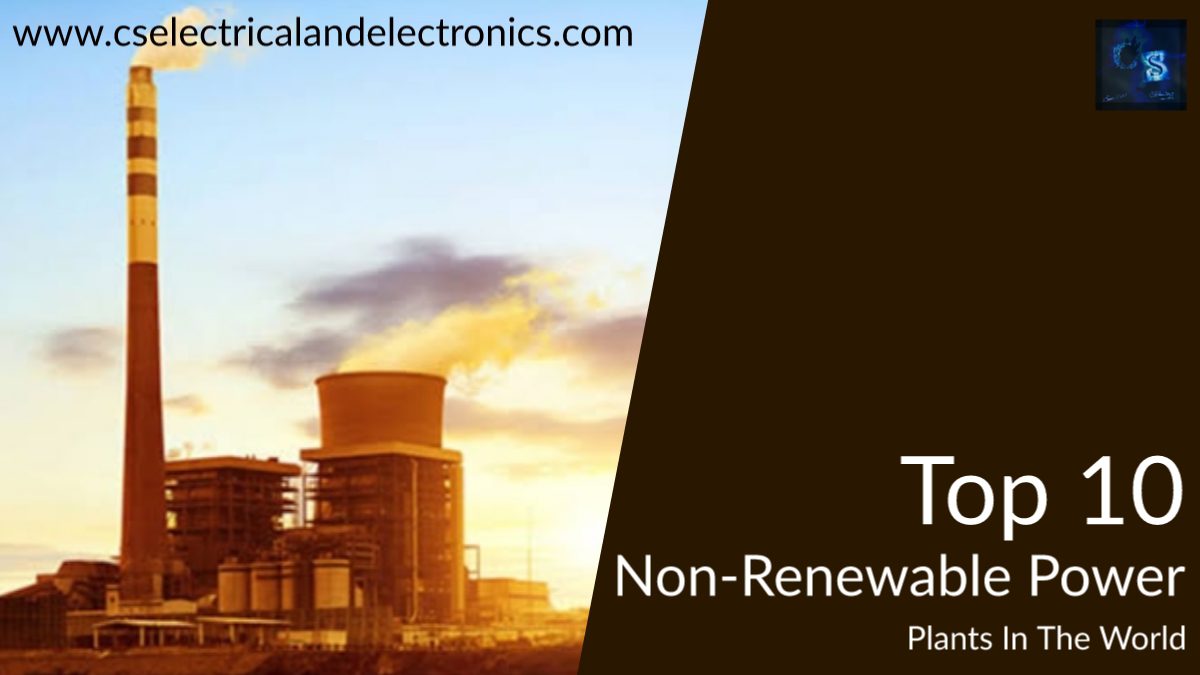Top 10 Non-Renewable Power Plants In The World, Nuclear Power Plants
Hello guys, welcome back to our blog. In this article, we will discuss the top 10 non-renewable power plants in the world that may be nuclear power plants or thermal power plants, and we have created this list based on the capacity of the plant.
If you have any electrical, electronics, and computer science doubts, then ask questions. You can also catch me on Instagram – CS Electrical & Electronics.
Also, read:
- Types Of Motor Used In Electric Vehicles, Electric Car Motors.
- Types Of Faults In Power System, Symmetrical, Asymmetrical Faults.
- Difference Between Renewable And Non-Renewable Energy Sources.
Top 10 Non-Renewable Power Plants In The World
First of all, we try to understand what is non-renewable energy? It means we are not able to use such types of sources again and again or will not be reusing those sources for thousands or even millions of years; like Fossil fuels, Crude Oil, Coal, Uranium, etc.
The main advantage of non-renewable power plants is they able to produce huge amounts of power with a small amount of nuclear energy. Nuclear power plants have the largest generating capacity. They are producing maximum power more than 93% of the time during the year. Let’s discuss the top 10 non-renewable power plants in the world.
10. HANBIT NUCLEAR POWER PLANT- 5875MW
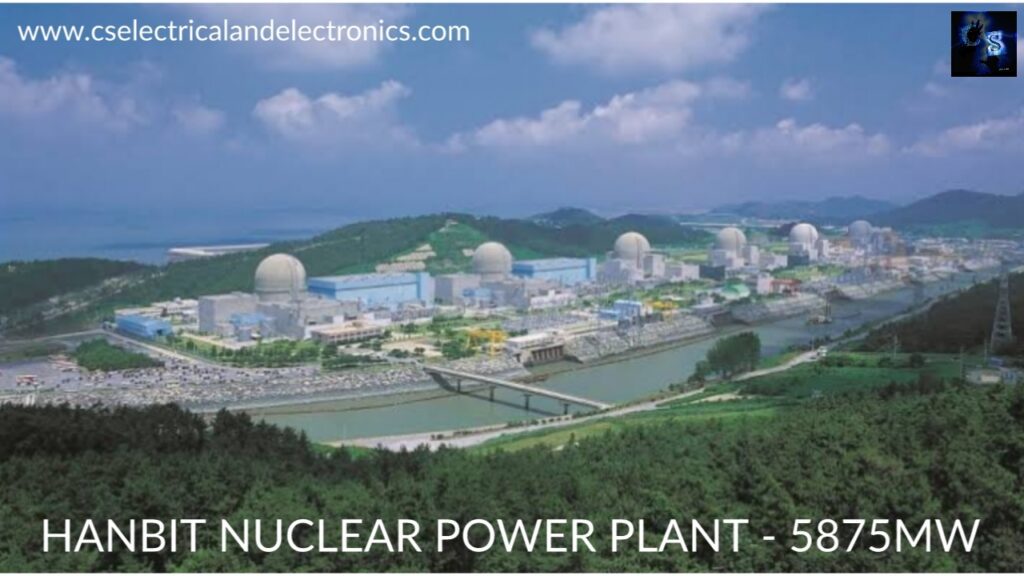
The Hanbit Nuclear Power Plant is located in Jeollanam-do which is part of South Korea with a nameplate capacity of 5,875MW. The plant’s name was changed from Yeonggwang NPP to Hanbit in 2013. The reactor type of the Hanbit plant is Pressurized Water Reactor. It consists of 6 operational units of the reactor. Each unit generates 947 to 997MW power. The planned cost was $4 billion. Commissioned date of the plant is 1986.
09. HANUL NUCLEAR POWER PLANT- 5928MW
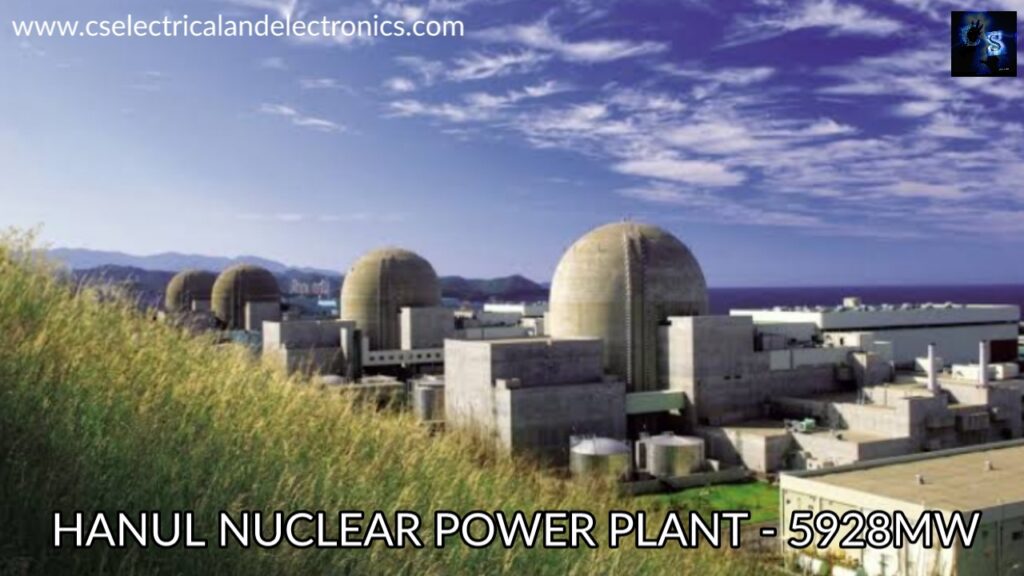
The location of the Hanul power plant in Gyeongsangbuk-do which is part of South Korea with a nameplate capacity of 5928MW. The plant has 6 pressurized water reactors. The plant’s name was changed from Uljin to Hanul in 2013. The construction cost of all reactors is about $6 billion. Different units have different commissioned dates ranging from 10 Sept 1988 to 22 April 2005.
08. YANGJIANG NUCLEAR POWER STATION – 6000MW
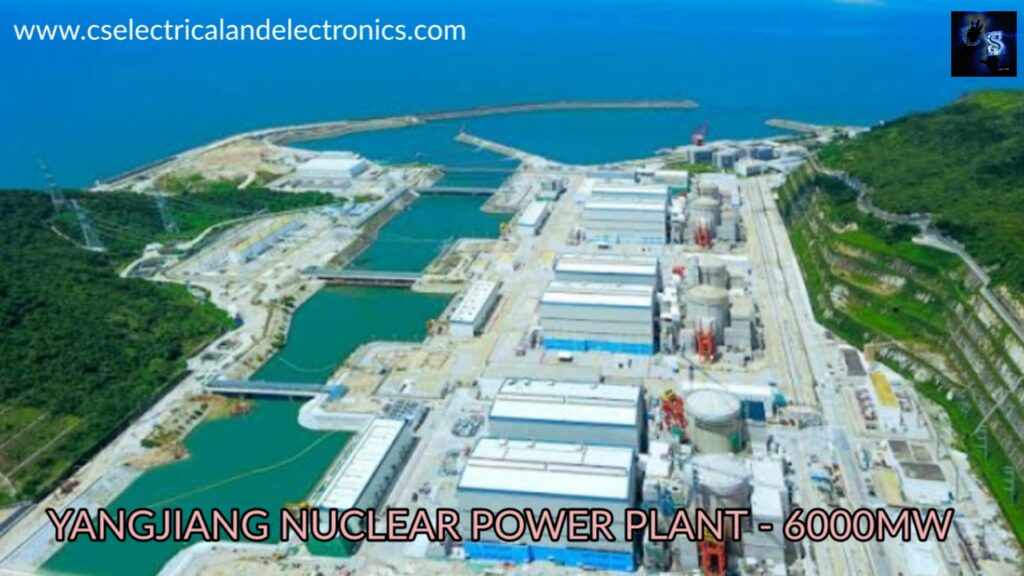
The location of Yangjiang nuclear power station in Guangdong province, China with a nameplate capacity of 6000MW. The station has 6 pressurized water reactors each of them has a 1000MW capacity. YJNPS is the no.1 power station all over china. The construction cost of this plant is about $10.2 billion. Commissioned date of the plant is march 2014.
07. DANGJIN COAL-FIRED POWER PLANT – 6040MW
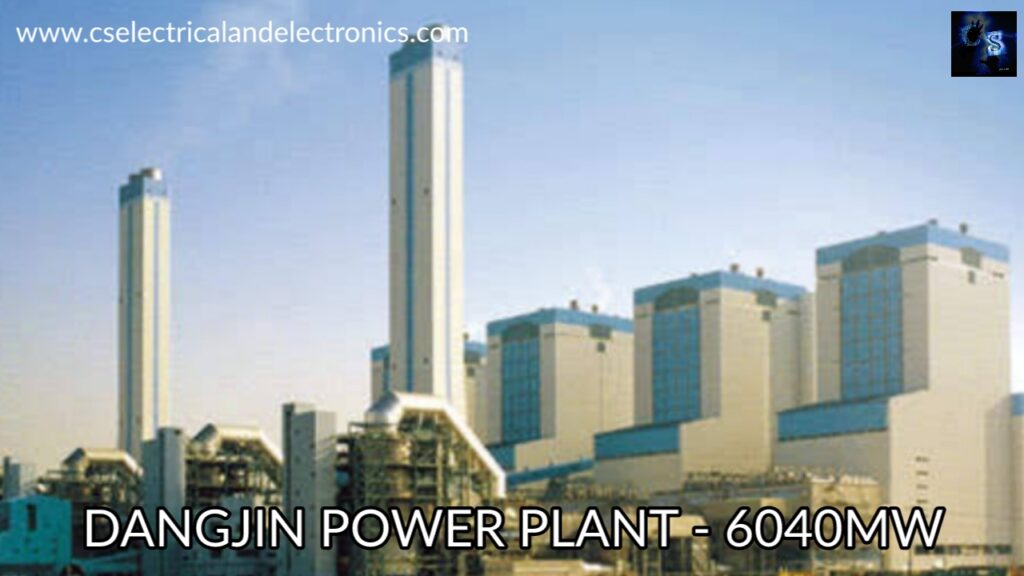
The location of Dangjin Power Station in Dangjin, South Korea with a nameplate capacity of 6040MW. This is a coal-fired-based power plant. Bituminous coal is used as an energy source. The power plant has eight units of 500 MW each and two units 0f 1020 MW each. All units were commissioned from 1999 to 2016. The construction cost of this power plant is $2.7 billion.
06. TAEAN POWER STATION – 6100MW
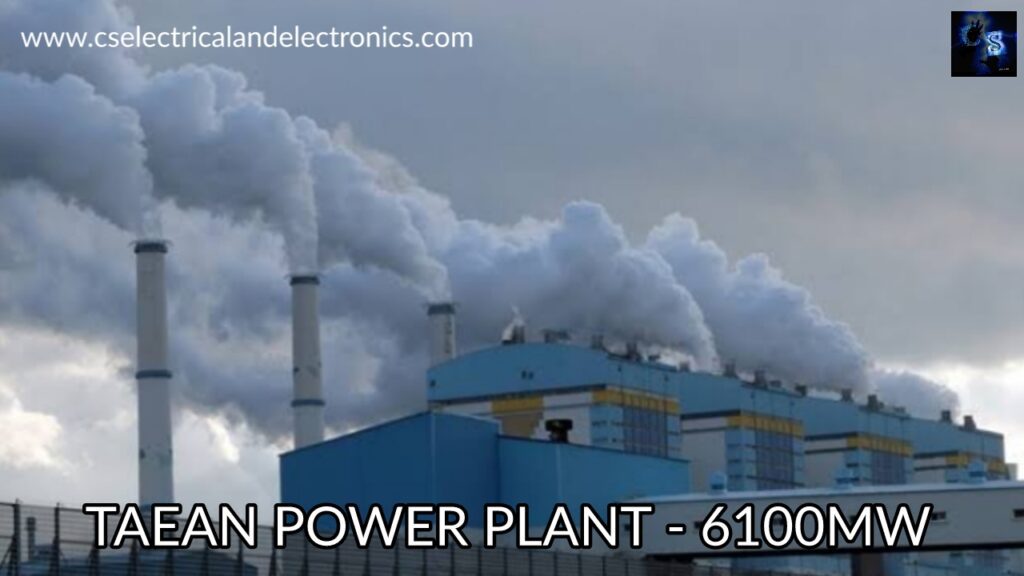
The location of the Taean power station in Chungcheongnam-do, South Korea with a nameplate capacity of 6100MW. This is a coal-fired-based power plant. In addition, a 300 MW Integrated Gasification Combined Cycle (IGCC) plant is located at the site. The power plant has eight units of 500 MW each and two units 0f 1050 MW each. The last unit-10 was completed in 2017.
05. BRUCE NUCLEAR GENERATING STATION – 6430MW
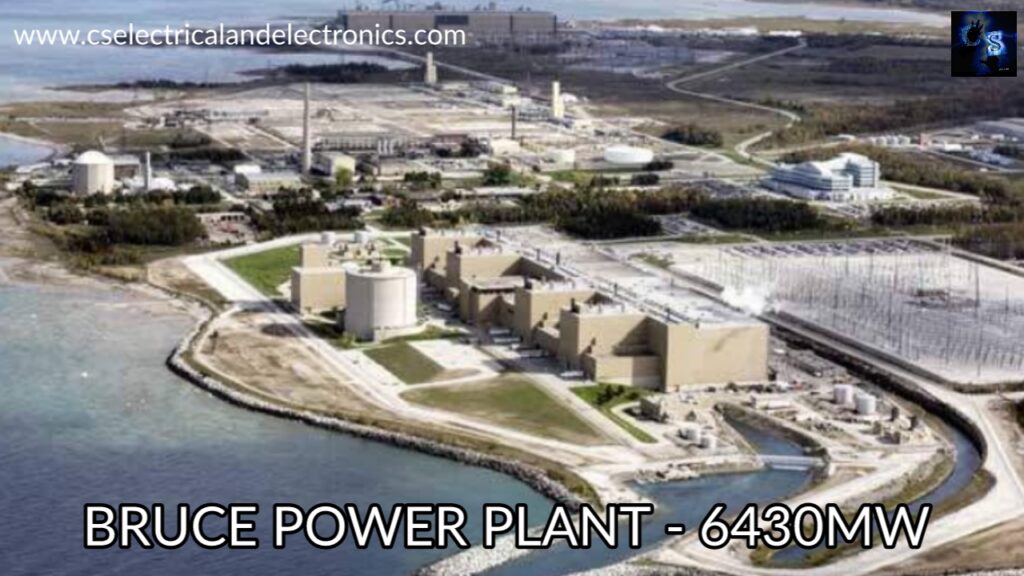
The location of Bruce Nuclear Generating Station is on the eastern shore of Lake Huron in Ontario, Canada with a nameplate capacity of 6430MW. It has 8 reactors (Canadian pressurized heavy water reactors) which are divided into two equal phases (A & B). The construction cost of both phases is $7.8 billion. All units were commissioned from 1977 to 1987.
04. TUOKETUO POWER STATION – 6720MW
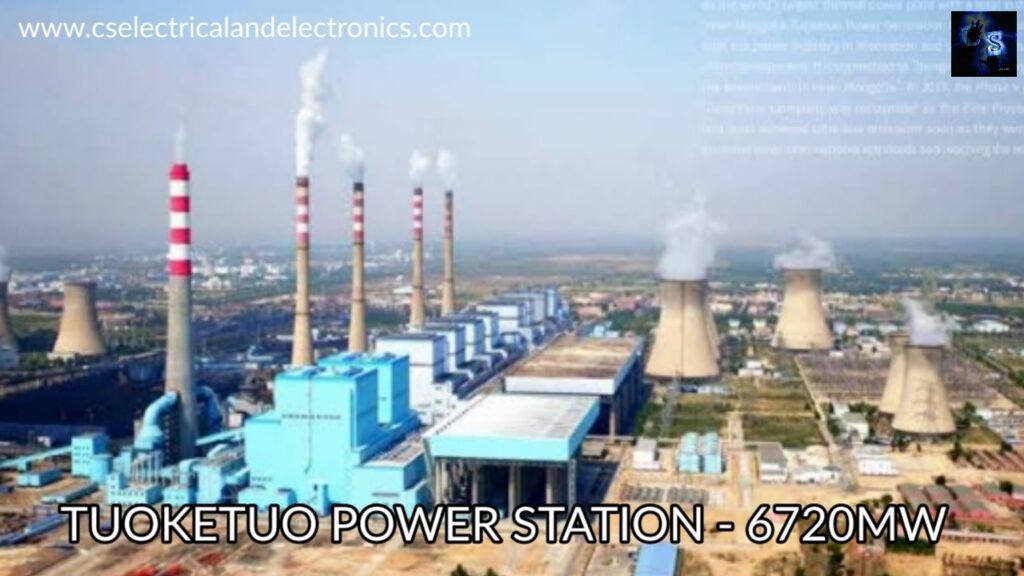
The location of Tuoketuo Power Station is in Togtoh County, Hohhot, Inner Mongolia, China with a nameplate capacity of 6720MW. This is a coal-fired-based power plant. The plant has six separate phases, each phase consisting of two units. The plant commission date is Nov 1995. The generated power is delivered to Beijing via 500- kV transmission lines.
03. KORI NUCLEAR POWER PLANT – 7489MW
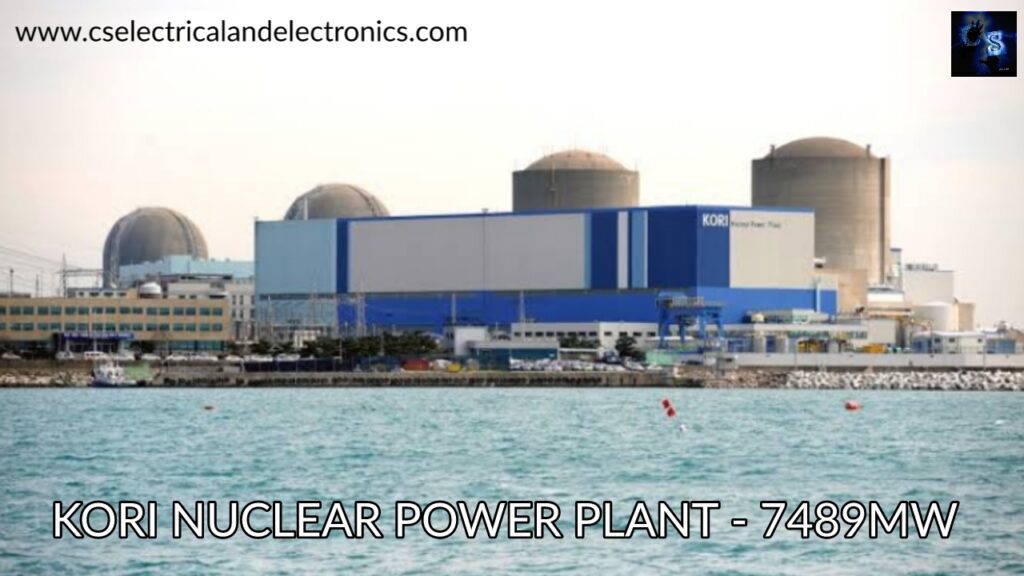
The location of Kori Nuclear Power Plant in Kori, a suburban village in Busan, South Korea China with a nameplate capacity of 7489MW. The plant has 8-unit pressurized water reactors. In the 2016 movie Pandora, the Kori Nuclear Power Plant is the main scene in the movie. The plant commission date of all units is April 1978 to Aug 2019.
02. KASHIWAZAKI-KARIWA NUCLEAR POWER PLANT – 7965MW
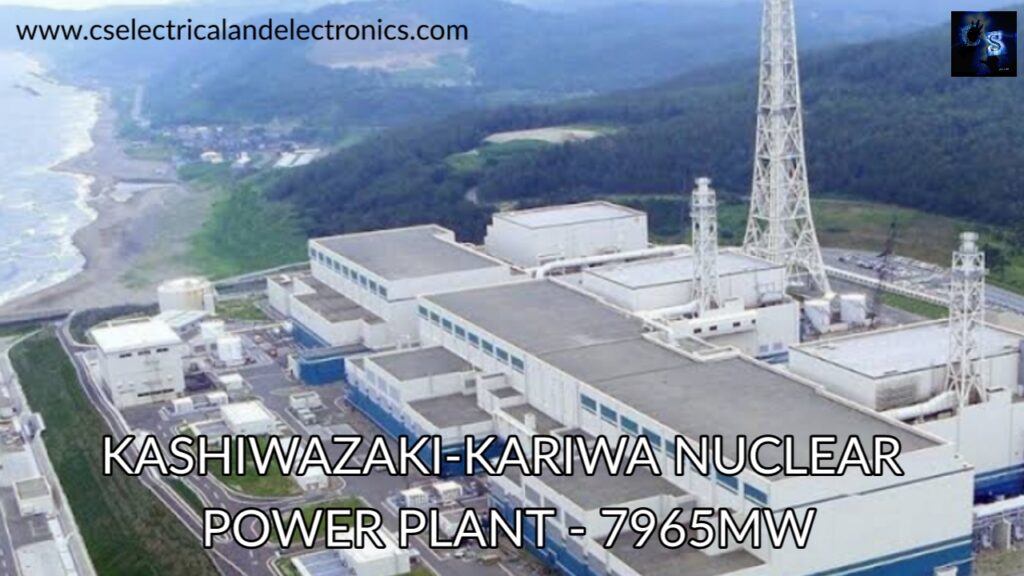
The location of Kashiwazaki-Kariwa Nuclear Power Plant in Japan with the second-highest power generating nameplate capacity 7965MW of all over the world. plant’s current status is out of service. This plant covers 1000 acres of land area. The power plant has 5 units of 1067MW each and 2 units of 1315MW each. The plant commission date is sept 18,1985.
01. JEBEL ALI POWER AND DESALINATION PLANT – 8695MW
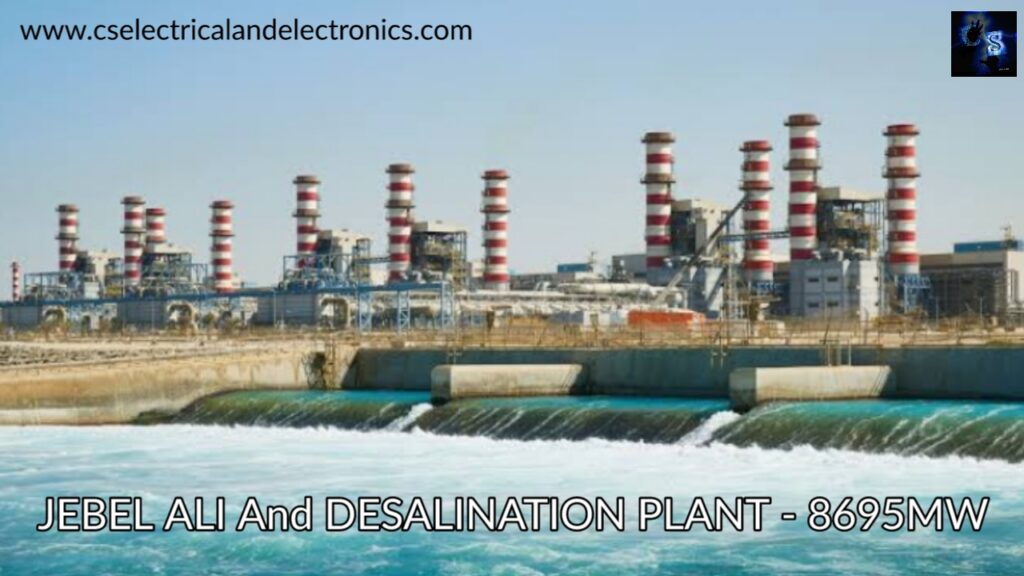
The location of the jebel Ali power and desalination plant is southwest of Dubai in the United Arab Emirates. This is the words largest capacity plant which is 8695MW. The operators decide to expand the project which involves the installation of two additional gas turbine generators, as well as two heat recovery steam turbine generators and one back pressure steam turbine. The new capacity of the plant is reached 10,356MW. This plant provides sufficient supply to approx. 1 million households in Dubai. The plant commission date is from 1976 to 2019.
I hope this article “Top 10 Non-Renewable Power Plants In The World” may help you all a lot. Thank you for reading.
Also, read:
- 10 Tips To Maintain Battery For Long Life, Battery Maintainance
- 10 Tips To Save Electricity Bills, Save Money By Saving Electricity
- 100 (AI) Artificial Intelligence Applications In The Automotive Industry
- 100 + Electrical Engineering Projects For Students, Engineers
- 100+ C Programming Projects With Source Code, Coding Projects Ideas
- 1000+ Control System Quiz, Top MCQ On Control System
- 1000+ Electrical Machines Quiz, Top MCQs On Electrical Machines
- 1000+ Electronics Projects For Engineers, Diploma, MTech Students

